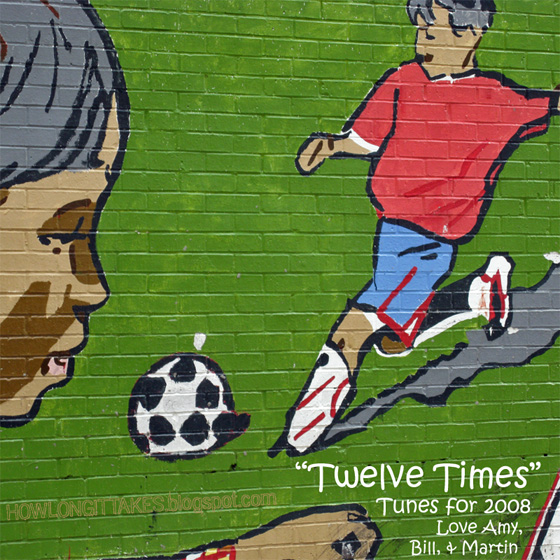Listen to LAVENDER HILL by The Kinks.
Most of the time when people talk about "lost classics," they really shouldn't be. They're usually not that lost and especially not that classic. Lavender Hill is a lost classic.
It's worth spelling out how it is that a song as good as Lavender Hill exists, that most of you have never heard. Most Kinks fans have never heard it. Yet here it is.
How did it sneak up on us? Let's review. It's 1967. Ray Davies had stopped touring the band. They were barred from the U.S. anyway, and for whatever reason, Ray wanted to stay home with his family. Ray was entering an extremely prolific songwriting period, but not as many obvious (rowdy & raucous) singles.
At the same time, The Kinks brand was in flux. Dave wanted to record a solo album. Ray was interested in writing a rock opera, but was skeptical (with good reason) that Pye would allow him the funds to go forward. He was also entertaining a solo album, and began stockpiling songs for that. In addition, the Kinks catalog was managed haphazardly. This was back in the days when music releases weren't necessarily uniform between markets. It was difficult for The Kinks to create coherent musical statements because songs would be released piecemeal as A-Sides, B-Sides, on EPs or different LPs.
Because of all of this flux and uncertainly, "The Village Green Preservation Society" LP, for example, was released in three different iterations before a final running order was settled on. And a lot of great songs were orphaned.
Consider Lavender Hill. It was recorded in August 1967, the same time as Autumn Almanac. It was considered as a single to follow up Waterloo Sunset and Mr Pleasant, but it was beaten out by Autumn Almanac, and forgotten. It must have been considered for "TVGPS," but ultimately left off. Eventually it was released in 1973 in the U.S. on "The Great Lost Kinks Album" without Ray's consent, and when Ray heard about the release, he sued Reprise records and had the LP withdrawn, and to this day Lavender Hill is not available on any official release.And every little lady dreams / Lavender memories
So that's how it got lost. Is it a classic? For sure. During this period Ray had begun using the mellotron (in lieu of full orchestral backing, which he wanted but which Pye would not shell out for), and had discovered that his wife's wispy, slightly off falsetto blended beautifully with the ghostly, slightly off tones of the mellotron. On Lavender Hill, either out of inspiration or (again) necessity, Rasa's vocals consist of some swooping oooh ah ah ah's crudely edited in sequence, so that they pile right on top of each other, but perfectly complement the eerieness of the mellotron.
Taken in isolation, Ray's delivery would seem a little distant, depressed, and artless. The lyrics on paper can seem a little ordinary and straightforward.I want to walk eternally / Into the land of make believe
That verse is pretty ordinary, in my opinion. Yet, Rasa's vocals especially (but also that mellotron and Ray's own depressed, artless delivery) give the song a regretful quality that's not evident in the words by themselves.
And watch the clouds roll over me / And let the sun shine down on me
The only place that I wanna be / Lavender Hill for me
Photo: La Sebastiana.![]()
Tuesday, January 29, 2008
LAVENDER HILL
Posted by
bill
at
12:02 AM
![]()
Labels: kinks and rasa davies, music
Subscribe to:
Post Comments (Atom)



2 comments:
Lots more can be said about this masterpiece of a lost paradise. Kitts suggests in his book that the song is about self-negation, a desire to eliminate the self. I think it's more about a yearning for love and harmony that the speaker knows are unattainable in his life, and perhaps all life. And perhaps Kitts is right after all: if such happiness is unattainable in this life, it is only possible in death - in a mythical, mystical Eden.
In any event, it's a heartbreakingly sad song, and my favourite Kinks number
Thanks for the comment, there really is something exquisite about this one
Post a Comment